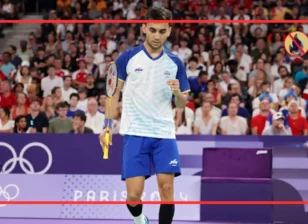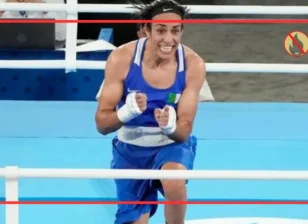How did human trafficking start in France?
France has a long and turbulent history with human trafficking, a repugnant practice that involves the exploitation and coercion of helpless people. The nation has struggled for decades with the ugliness of forced labour, sexual exploitation, and many manifestations of modern slavery. The development of France’s reaction to human trafficking demonstrates the intricate interplay of statutory frameworks, global partnerships, and public awareness.
France has fought a varied war against this horrible crime, from the earliest occurrences of forced labour in its colonies to the present-day difficulties posed by international criminal networks.
Early Instances of Human Trafficking in France’s Colonial Era:
The colonial activities of France in places like French Guiana opened a chapter of forced labour, exploitation, and human trafficking. The history of French overseas territories was marred by the merciless exploitation of indigenous populations and the enslavement of people for plantation work. Although abolitionist movements spread throughout the world, colonial exploitation’s lingering effects echoed the extended misery of individuals who were subjected to forced labour and domestic servitude in France.
Pervasive Challenges in Modern France:
The formal abolition of slavery and the execution of anti-trafficking laws have not eliminated the problems associated with human trafficking in modern France. It also includes forced prostitution, forced labour, forced begging, and child trafficking. By preying on vulnerable groups like migrants, unaccompanied adolescents, and the Romani community, the pernicious trafficking network feeds a cycle of victimisation and exploitation. French culture is tightly entwined with the commercial sex trade and organised crime, needing broad-based and coordinated efforts to address this endemic problem.
France’s Anti-Trafficking Legal Framework:
A foundation for combating human trafficking within France’s borders is provided by the anti-trafficking law that was passed in accordance with global agreements like the Palermo Protocols and United Nations Convention against Transnational Organized Crime. The legislation includes clauses that address prosecuting trafficking offenders, protecting trafficking victims, and establishing witness protection programmes. Additionally, the granting of residence permits to victims of trafficking is an important step in recognizing their rights.
Collaborative Initiatives and International Endeavours:
France has actively participated in a number of international forums and initiatives to combat human trafficking in tandem with worldwide efforts in this area. Partnerships between the public and commercial sectors and the involvement of non-governmental organisations (NGOs) have been crucial in assisting victims and enhancing the effectiveness of anti-trafficking initiatives. Furthermore, France’s participation in the United Nations Office on Drugs and Crime (UNODC). The United Nations Voluntary Trust Fund for Victims of Trafficking in Persons (UNVTF) demonstrates its dedication to working with other nations to combat this serious human rights violation.
Contemporary Landscape and Emerging Challenges:
The French government is still struggling with the complex issue of human trafficking in the modern world, realising that it poses a threat to international peace and security on a global scale in addition to its effects within its own borders. A thorough strategy that incorporates the principles of dignity, justice, and human rights is necessary for the protection of unaccompanied adolescents. The predicament of victims caught in domestic slavery, and the urgency of stopping the commercial sex traffic.
A Holistic Approach towards Abolition:
By using an abolitionist approach to combat prostitution, France aims to demolish the systems that keep people as commodities and defend the dignity of every person. France’s steadfast commitment to international collaborations within the European Agenda on Migration and the Organization for Security and Co-operation in Europe (OSCE) reflect France’s ongoing determination to combat human trafficking. Other measures include the integration of victim-centric policies, the strengthening of witness protection services, and the dedication to international collaborations.
Conclusion:
The World Day Against Trafficking in Persons serves as a sombre reminder of the ongoing difficulties, and France is a model of the tenacity needed to combat this form of contemporary slavery. The unwavering efforts of the French government, along with those of international organisations and civil society, represent a shared resolve to end human trafficking and offer victims of the crime a ray of hope.
France continues to pave the way for a more just and equal society, free from the chains of exploitation and coercion, by upholding the ideals expressed in the United Nations’ commitment to human rights.





